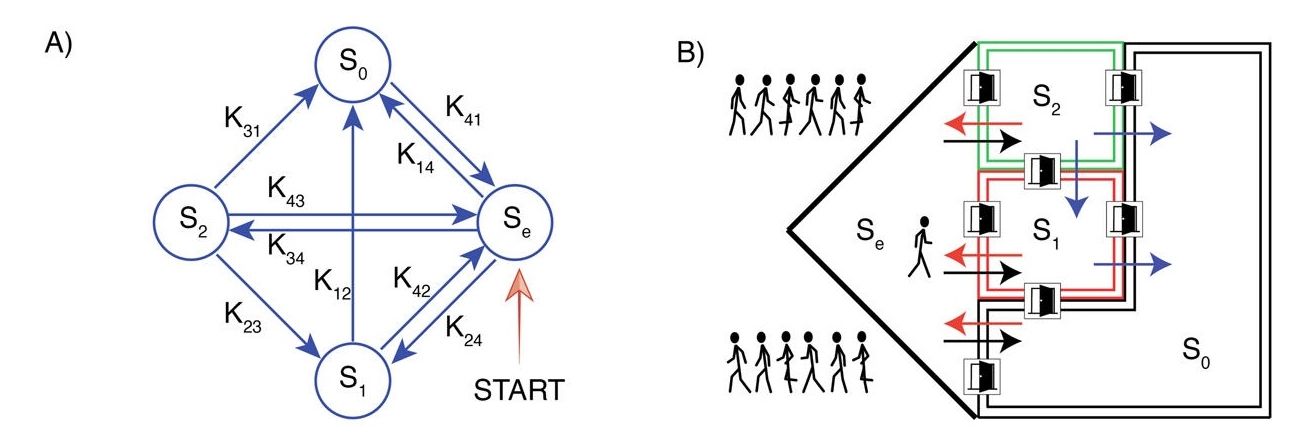Mar 19, 2017
Nanoscale logic machines go beyond binary computing
Posted by Shailesh Prasad in categories: computing, information science, nanotechnology, particle physics
(Phys.org)—Scientists have built tiny logic machines out of single atoms that operate completely differently than conventional logic devices do. Instead of relying on the binary switching paradigm like that used by transistors in today’s computers, the new nanoscale logic machines physically simulate the problems and take advantage of the inherent randomness that governs the behavior of physical systems at the nanoscale—randomness that is usually considered a drawback.
The team of researchers, Barbara Fresch et al., from universities in Belgium, Italy, Australia, Israel, and the US, have published a paper on the new nanoscale logic machines in a recent issue of Nano Letters.
“Our approach shows the possibility of a new class of tiny analog computers that can solve computationally difficult problems by simple statistical algorithms running in nanoscale solid-state physical devices,” coauthor Francoise Remacle at the University of Liege told Phys.org.



















